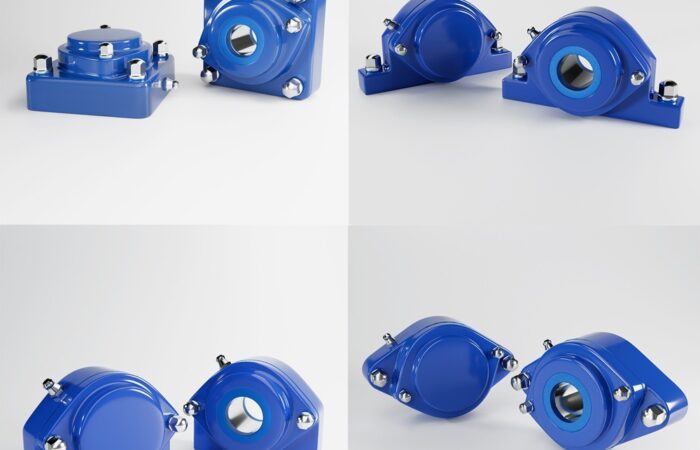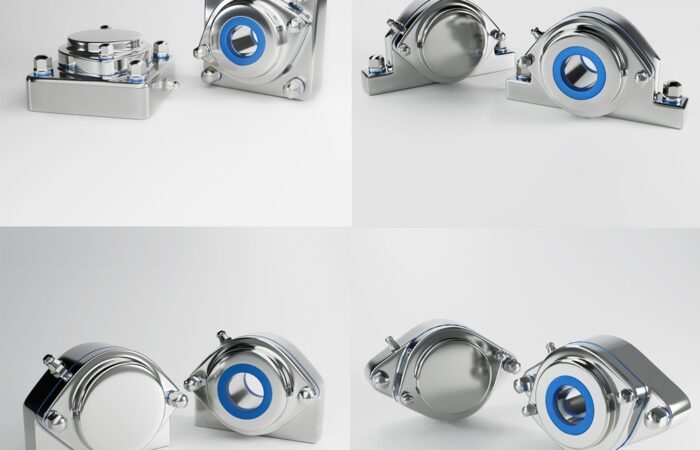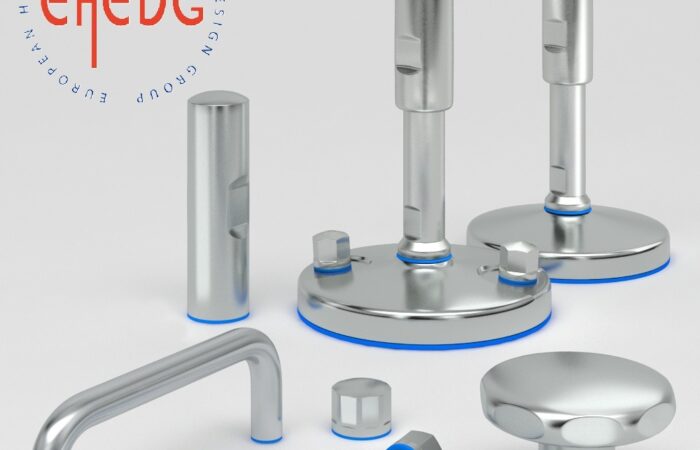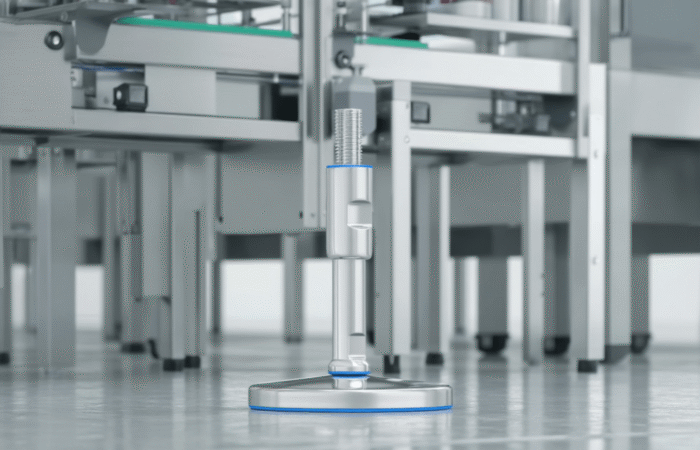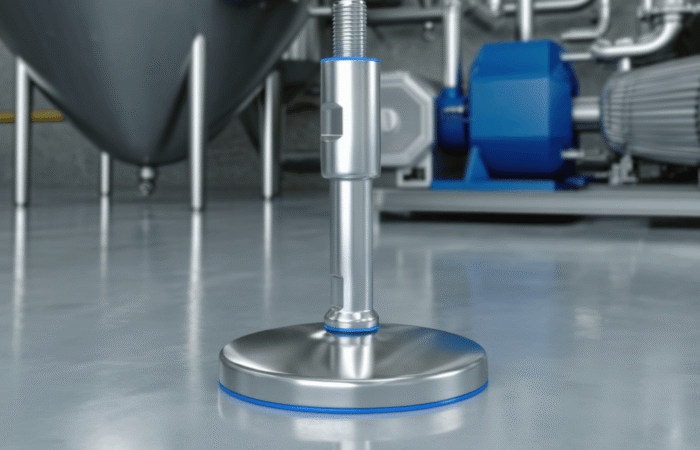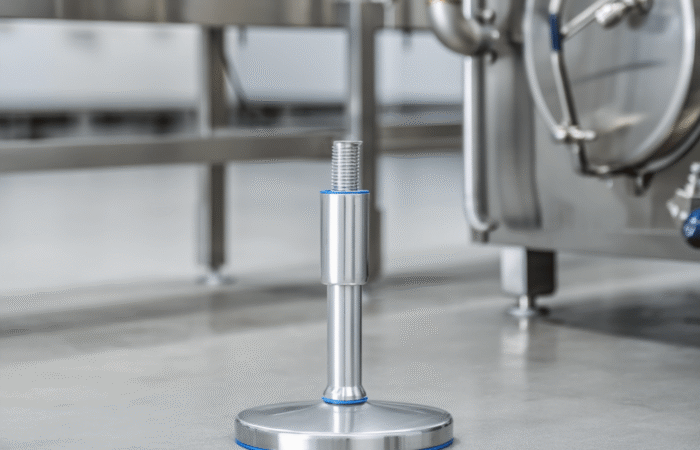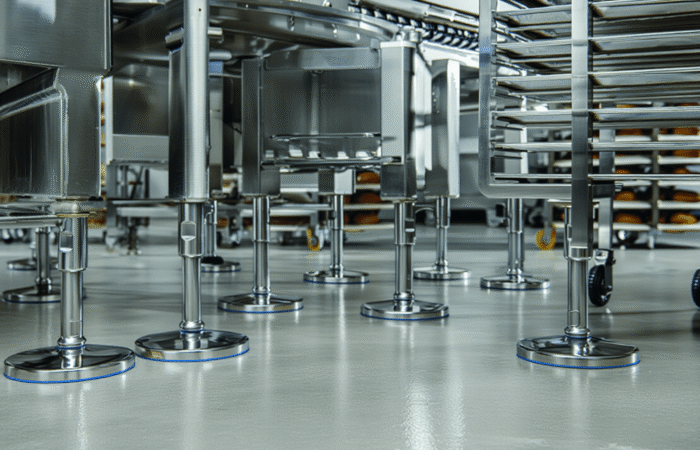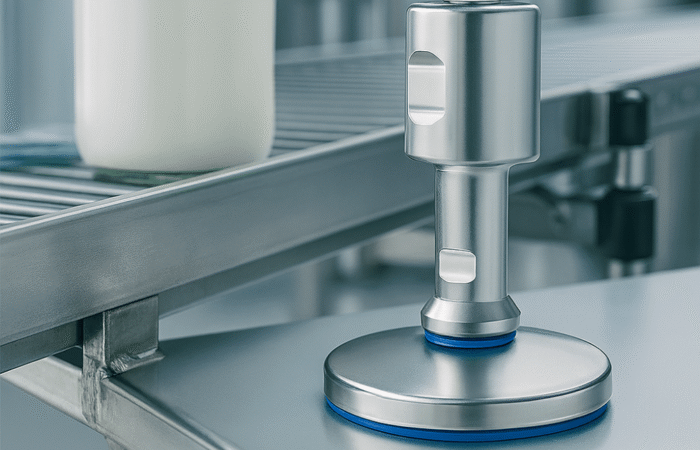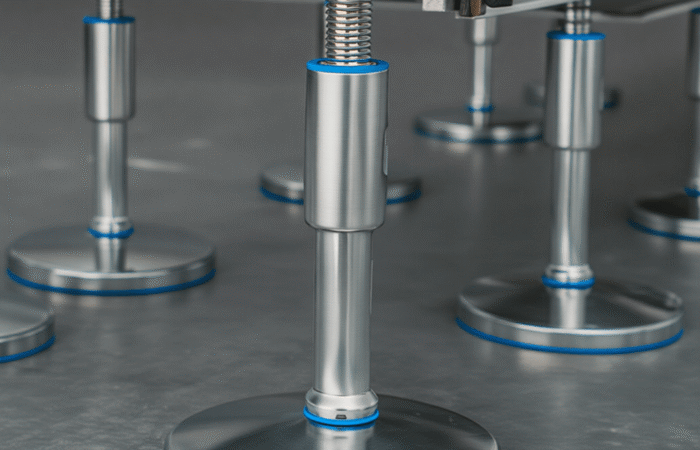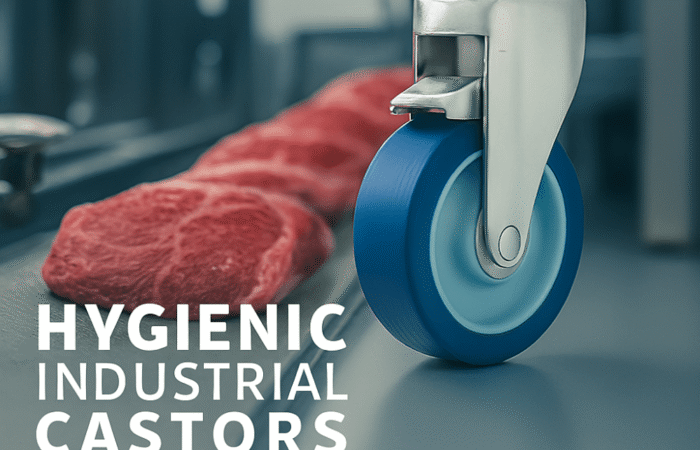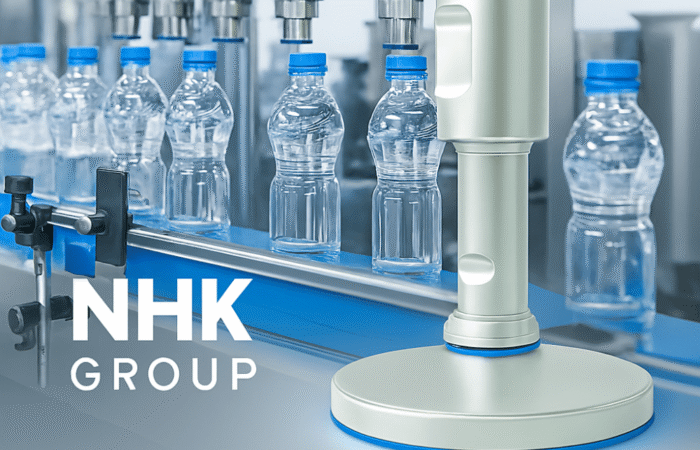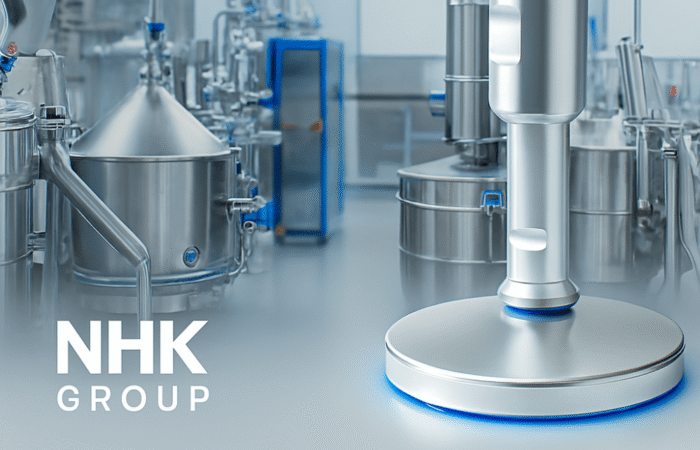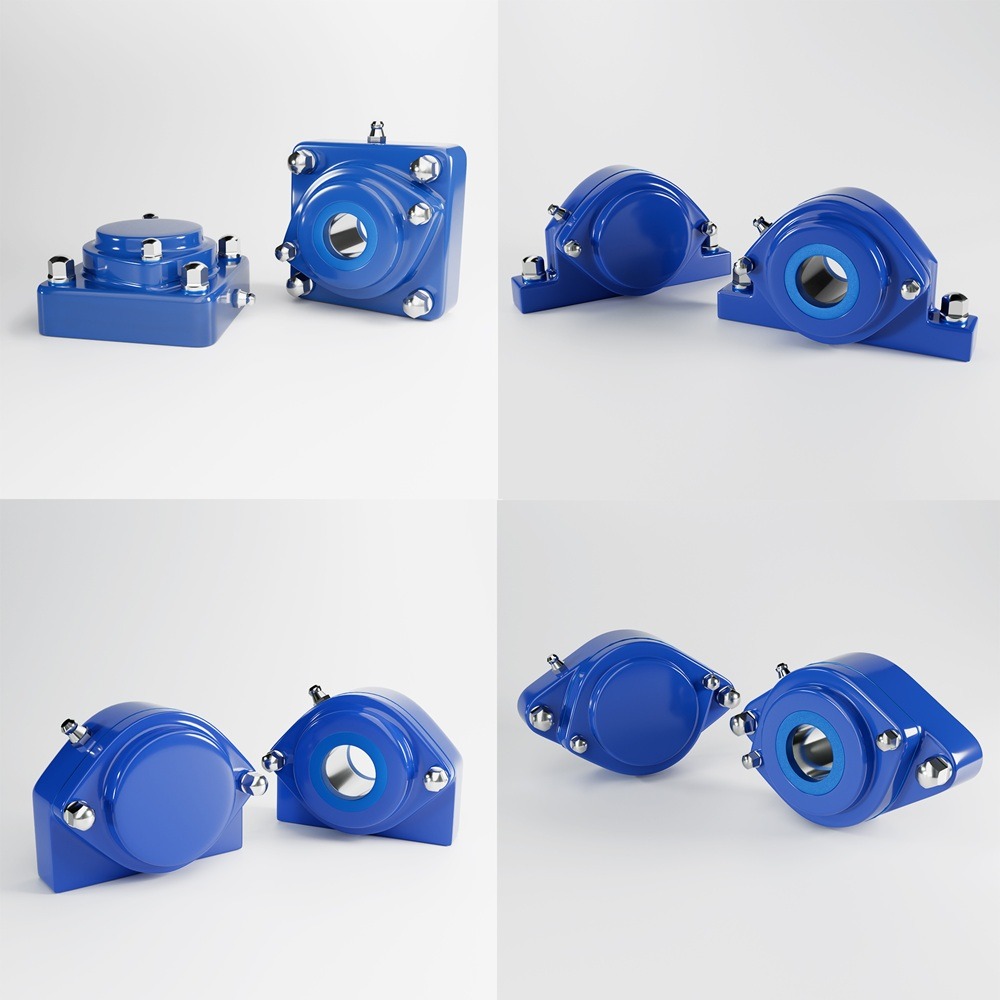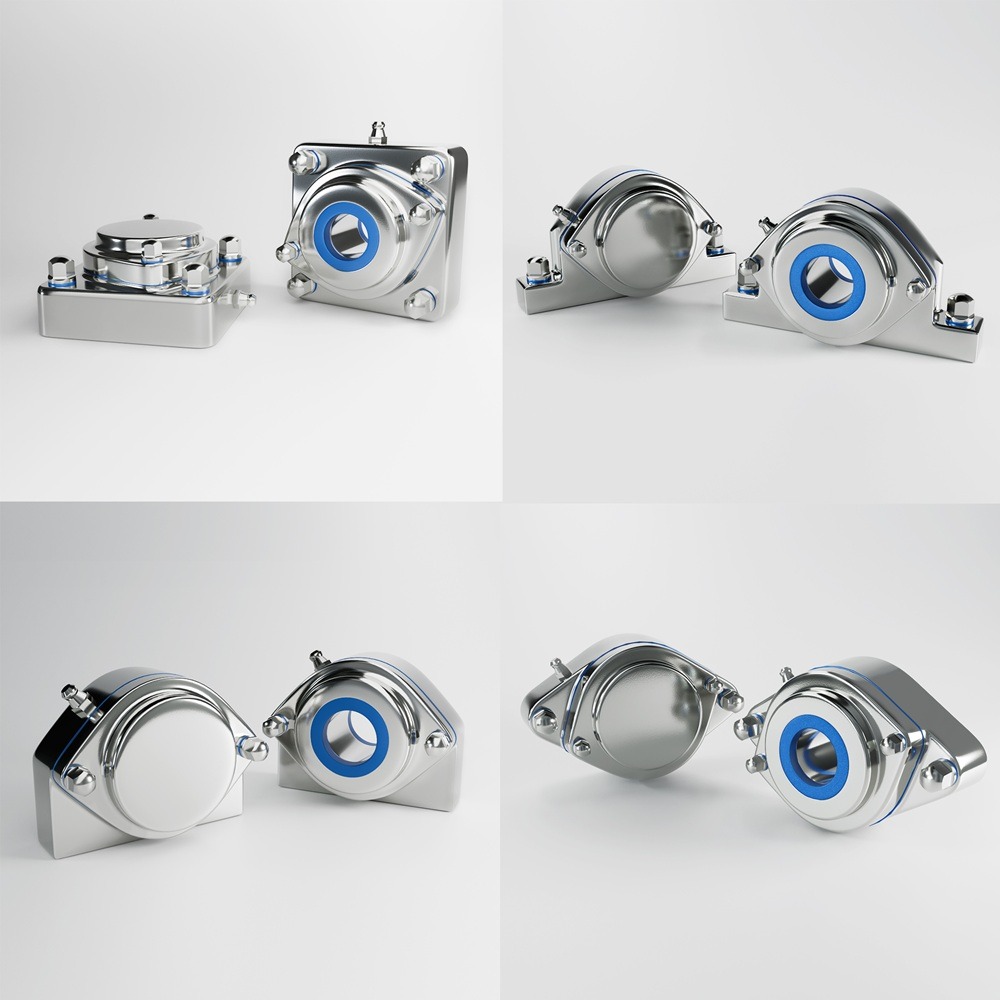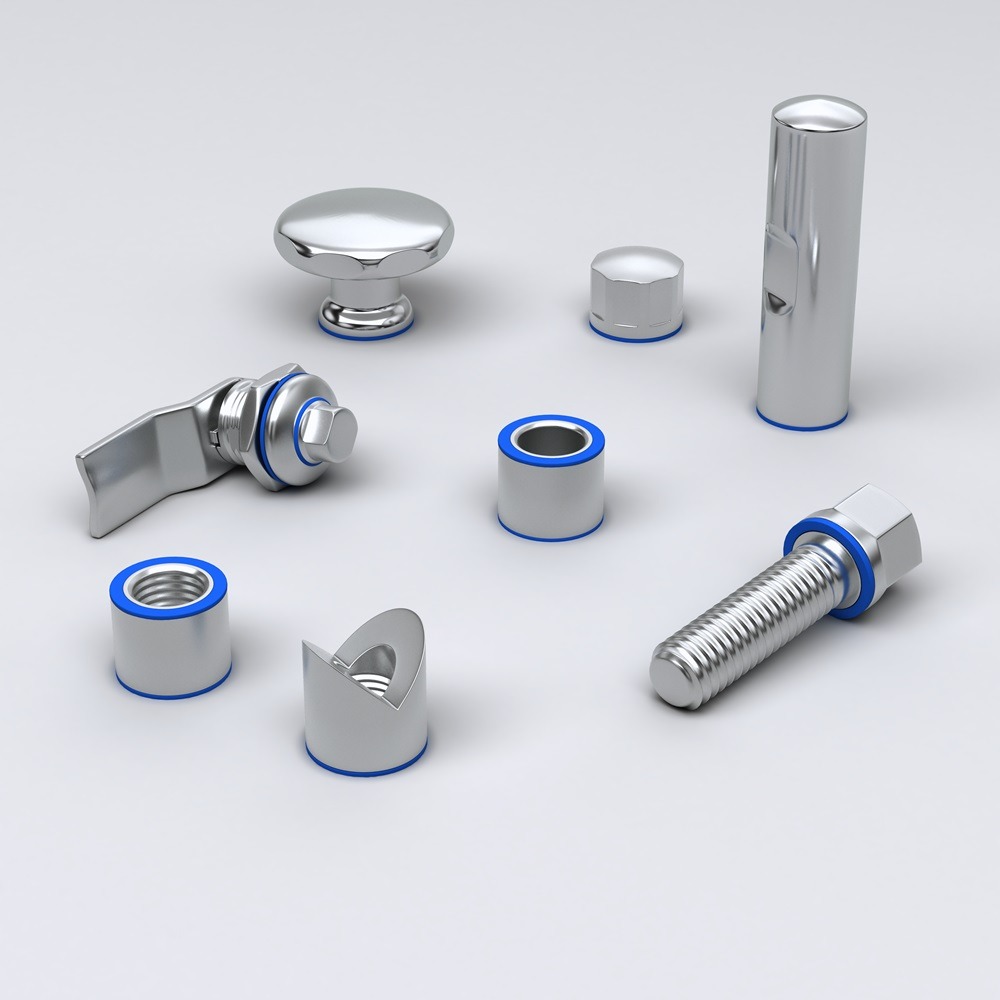
Stainless Steel Machine Parts for Enhanced Industrial Efficiency
In today’s fast-evolving industrial landscape, the importance of machine components cannot be overstated. Industries such as food processing, packaging, pharmaceuticals, and biotechnology require high-quality materials for machinery parts to enhance productivity, safety, and longevity. Stainless steel machine parts are increasingly recognized as essential components for strategic planning and development within these industries. Their durability, resistance to corrosion, and compliance with stringent hygiene standards make them particularly valuable across diverse applications. Stainless steel is widely used in industrial design due to its unique combination of properties, which supports long-term durability and safety. Unlike other metals, stainless steel resists rust, corrosion, and chemical damage. This makes it ideal for equipment exposed to harsh environments or frequent contact with chemicals, moisture, or organic substances. From a strategic standpoint, stainless steel offers numerous advantages: These qualities make stainless steel a key material in strategic planning and development for businesses looking to optimize production, minimize costs, and enhance safety across various applications. Let’s explore how stainless steel machine parts contribute to the strategic goals of various industries: In the food processing and packaging industry, stainless steel parts play a vital role in ensuring hygiene and efficiency. Equipment such as conveyors, mixers, and filling machines are often made from stainless steel to withstand constant cleaning and sanitation without degradation. Stainless steel machine parts meet the standards set by food safety authorities, ensuring that machinery remains free from contamination risks. Strategic planning in food processing facilities includes selecting machine parts that can endure high-speed operations, temperature variations, and exposure to food-grade sanitizers. Stainless steel components in packaging lines also help maintain the quality and safety of food products, reducing the risk of contamination and ensuring compliance with health regulations. The pharmaceutical and medical industries are heavily regulated to ensure patient safety and product efficacy. Stainless steel is the material of choice for machine parts in drug manufacturing and medical device production. Components like valves, tanks, and fittings made from stainless steel are resistant to contamination and easily sterilized, which is critical in preventing cross-contamination in sensitive production environments. Strategically, using stainless steel in pharmaceutical equipment reduces the likelihood of product recalls due to contamination, ensuring a higher level of product integrity. This is crucial in maintaining regulatory compliance and building consumer trust in pharmaceutical products. The pet food and baby food sectors require rigorous standards to maintain product safety and quality. Stainless steel machinery ensures that these products are processed in an environment free from contaminants. In pet food manufacturing, where ingredients may include oils, fats, and animal proteins, stainless steel equipment provides a non-reactive surface that maintains product purity. For baby food manufacturing, stainless steel is especially strategic as it meets the high cleanliness standards required for infant products. This adherence to stringent safety protocols reassures parents and aligns with regulatory requirements in a highly sensitive market. In the cosmetic industry, product purity and consistency are critical. Stainless steel components used in mixers, packaging lines, and filling equipment help avoid contamination, allowing companies to maintain the quality and safety of beauty products. The chemical industry benefits from stainless steel’s resistance to corrosive substances, which extends the lifespan of equipment used to handle strong acids and bases. Strategic planning in these industries involves choosing stainless steel machine parts that can endure extreme processing conditions without compromising safety or effectiveness. This decision mitigates potential risks associated with contamination or equipment failure, supporting overall productivity and compliance. Biotechnology involves the production of highly sensitive products, including bio-based chemicals, enzymes, and even pharmaceuticals. Stainless steel is essential in this sector, as it meets both hygiene and durability requirements. Its corrosion resistance is critical in laboratories and production environments where machinery comes into contact with various biological substances. By strategically incorporating stainless steel machine parts, biotechnology companies can create sterile environments that prevent contamination. This quality is especially important in applications like drug development, where the integrity of a product can impact patient health outcomes. Integrating stainless steel machine parts into industrial equipment is a strategic decision that requires careful planning. Key considerations include: Stainless steel machine parts play an invaluable role in the strategic development of multiple industries, from food and pharmaceuticals to biotechnology. Their durability, resistance to contamination, and compliance with regulatory standards make them a cornerstone in planning and development for businesses aiming to optimize efficiency, maintain safety, and minimize costs. By investing in stainless steel components, companies can ensure that their operations meet the high standards of today’s industrial landscape, ultimately driving growth and success across sectors. Industrial machinery requires precision-engineered components that meet exacting standards for durability, safety, and performance. This comprehensive guide explores the essential machinery parts that drive modern manufacturing across food processing, packaging, and chemical industries. Understanding the difference between Bearing Housings and Flange Bearing Units is crucial for engineers and procurement professionals seeking to optimize equipment longevity. Pillow block bearings, also known as plummer blocks, are self-aligning bearing units that simplify installation and significantly reduce maintenance costs. These versatile components mount on machine frames and support rotating shafts with exceptional precision, ensuring smooth operation in demanding industrial environments. Flange bearing units offer a more compact alternative, featuring integrated flanges that enable direct mounting to flat surfaces without additional hardware. Both designs come in various materials, including stainless steel grades optimized for corrosive environments and food-grade applications where hygiene is paramount. The importance of material selection cannot be overstated in machinery design. Stainless Steel 440 and 420 grades offer distinctly different properties suited to specific applications and environmental conditions. The 440 stainless steel variant provides superior hardness and exceptional edge retention, making it ideal for cutting tools and high-wear applications requiring maximum durability. Meanwhile, 420 stainless steel offers better corrosion resistance and is preferred in food processing equipment where chemical exposure is common. Hygienic stainless steel components have become essential in food machinery, meeting EHEDG standards and facilitating rapid equipment cleaning required in modern food production facilities. Understanding ingress protection ratings is equally critical for machinery durability and operational reliability. IP67 rating ensures protection against dust and temporary water immersion, while IP68 rating provides complete dust protection and sustained water immersion capabilities for submerged operations. The IP69K standard represents the highest protection level, specifically designed for high-pressure wash-down environments found in industrial food processing facilities. These ratings define how effectively machinery components withstand environmental challenges and maintain performance. Modern industrial facilities increasingly demand equipment that combines high performance with ease of maintenance and sanitation. The choice between different bearing types depends on operational requirements, environmental conditions, and budget constraints. Proper component selection ensures extended equipment lifespan, reduced downtime, and improved operational efficiency.Strategic Planning and Development: The Role of Stainless Steel Machine Parts in Industrial Applications
Why Stainless Steel Machine Parts Are Essential for Strategic Industrial Development
Application of Stainless Steel Machine Parts Across Diverse Industries
Food Processing and Packaging
Pharmaceuticals and Medical Applications
Pet Food and Baby Food Manufacturing
Cosmetic and Chemical Industries
Biotechnology
Strategic Planning Considerations When Using Stainless Steel in Industrial Design
Strategic Planning and Development Using Stainless Steel Machine Parts for Enhanced Industrial Efficiency
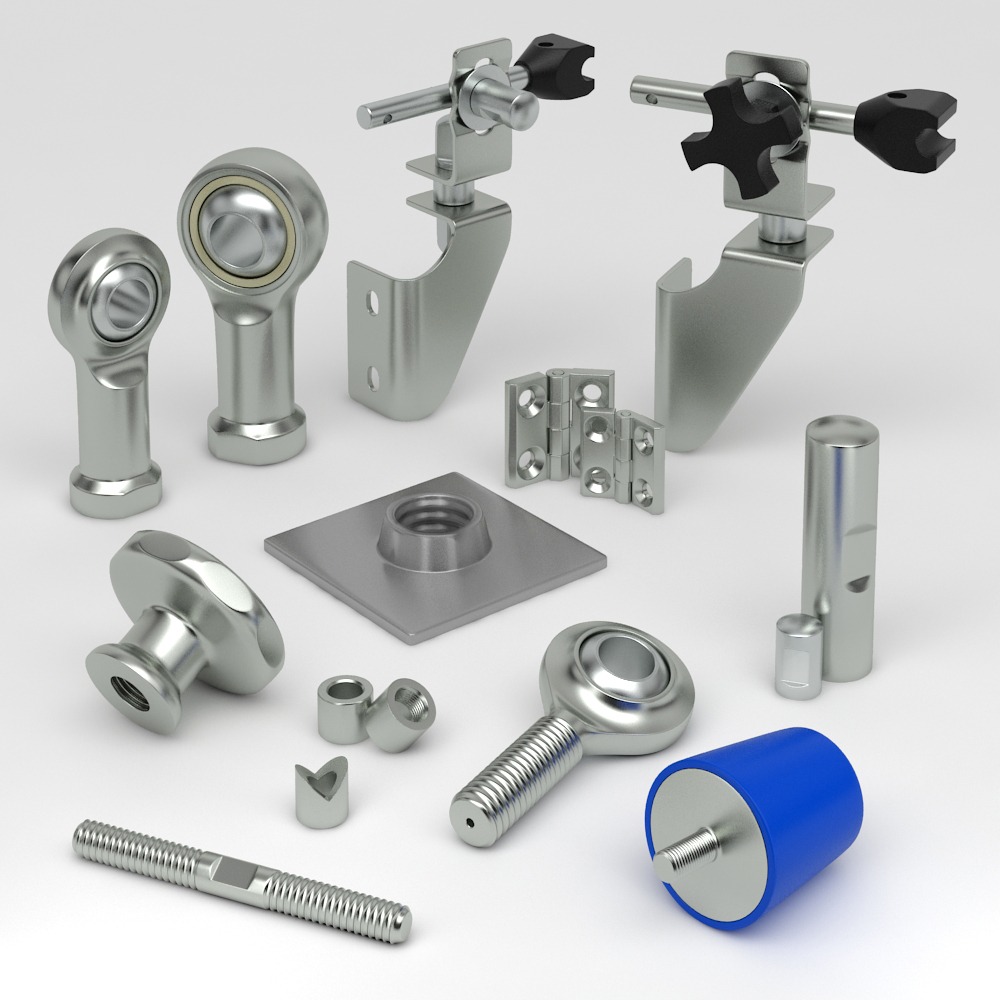
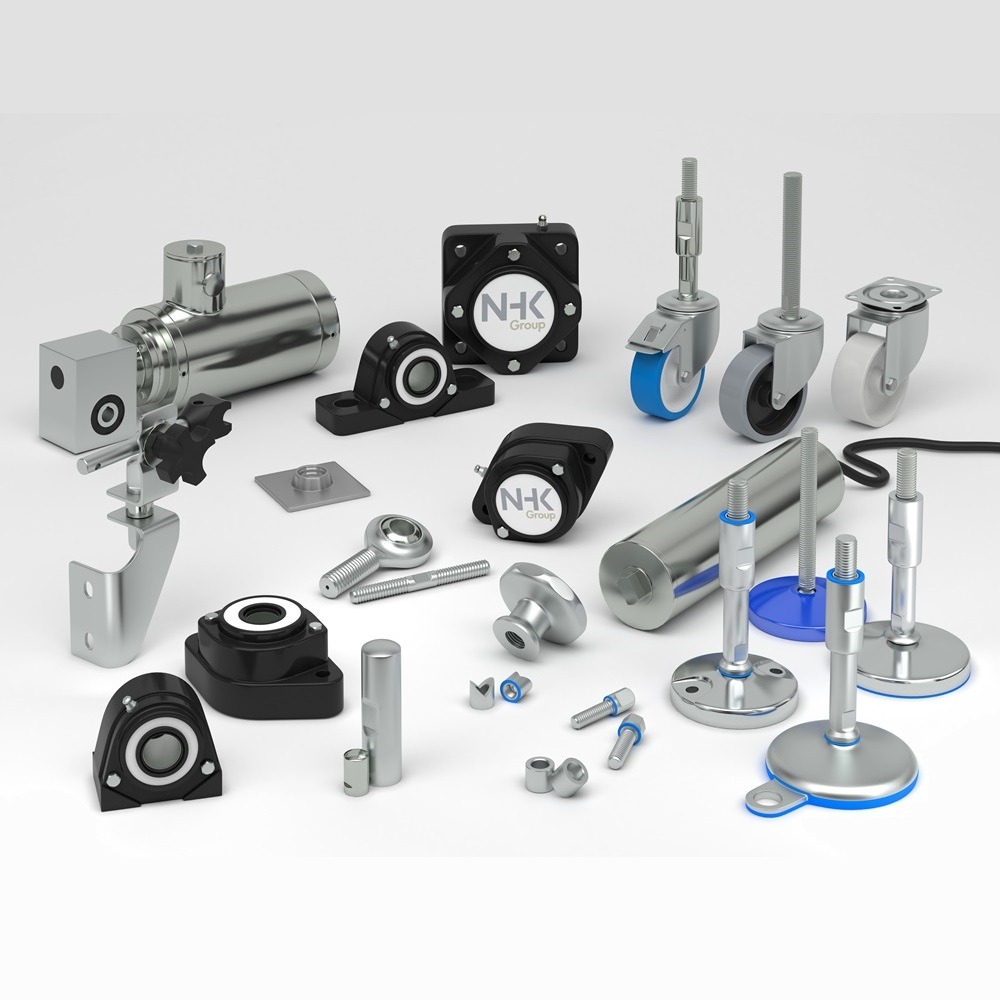
Contact
Understanding Machinery Components & Protection Standards
